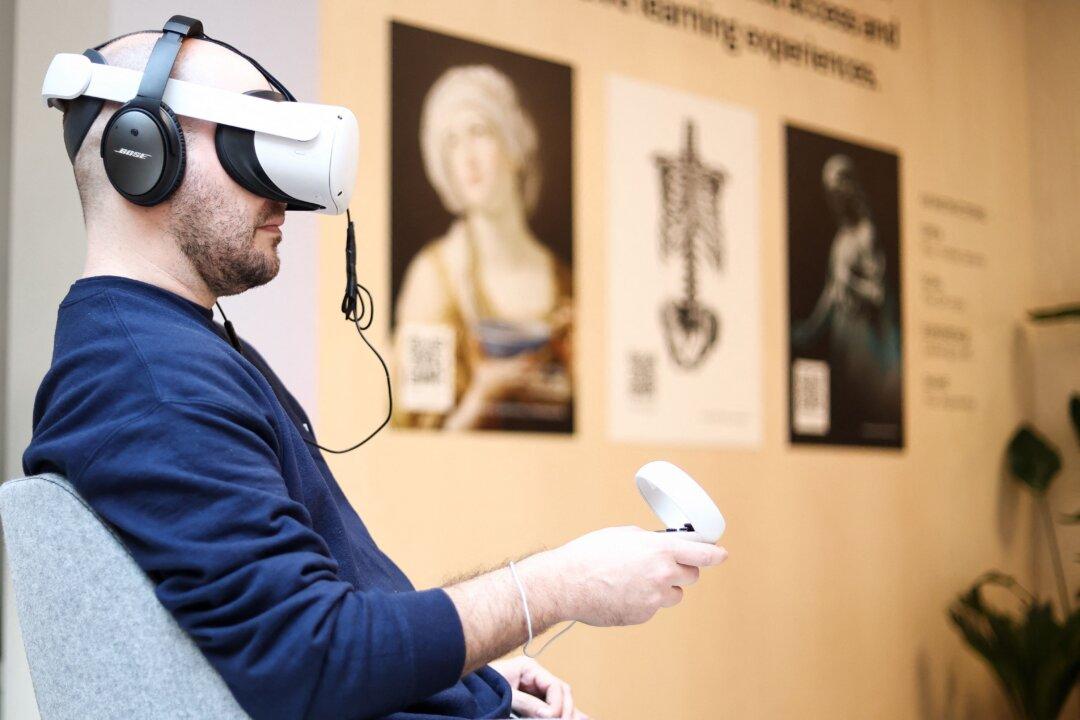Facebook parent company Meta announced plans to enable children as young as 10 years old to enter virtual reality through its Meta Quest headset later this year, despite a recent advisory warning social media can negatively impact the mental health and well-being of children.
“Today we’re announcing changes to give families even more ways to use and enjoy Meta Quest. Starting later this year, parents will be able to set up parent-managed Meta accounts for Meta Quest 2 and 3 for their children ages 10—12,” the company stated in a blog post on Friday.





